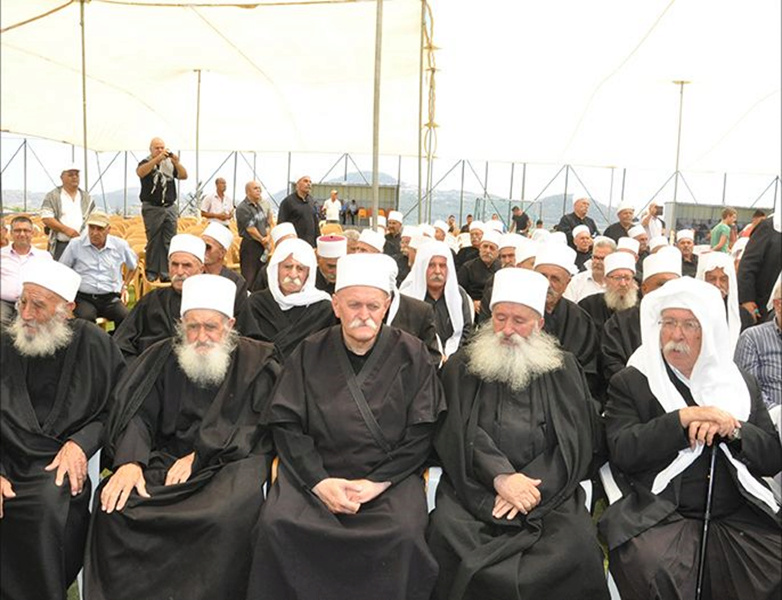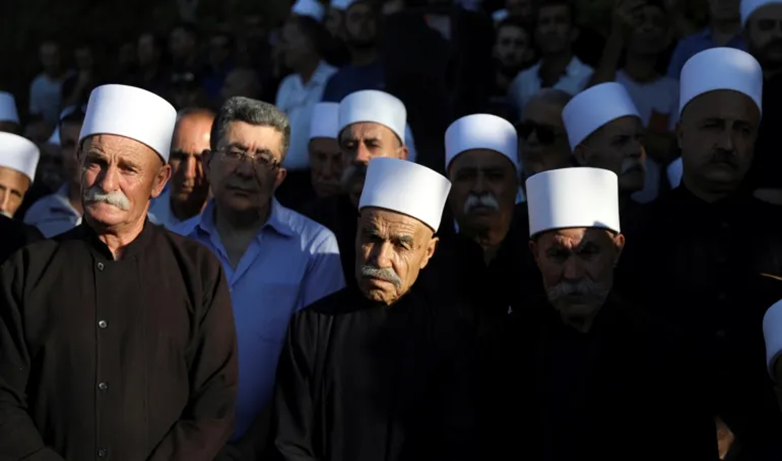Fasting in civilizations and religions.. “Druze” Fasting is for the preservation of hearts

Muslims around the world celebrate the advent of the blessed month of Ramadan, as the holy month witnesses the performance of the obligation of fasting, which is one of the five pillars of Islam. However, fasting is not a special Islamic ritual. Humans have known it since the beginning of creation, and many different civilizations and cultures have known it. It is also an obligation for all... Abrahamic religions and various sects, including the Druze.
The Druze are one of the esoteric sects that split from Ismailism, but they did not differ from it in essence, which is the esoteric interpretation. Its followers reside in many areas of the Levant, including the Chouf in Lebanon, another section in Jabal al-Druze in southern Syria, as well as the Golan Heights, and others reside in northern Palestine. .

The Druze derive their beliefs from 111 treatises that they call “messages of wisdom,” which are attributed to their imams such as Hamza ibn Ali, al-Muqtani Bahaa al-Din, and others. After the occultation of these imams, these treatises became for them an abrogation of Islamic law and a list of commands, prohibitions, permissibility, and prohibitions.
As long as all the laws have been abrogated, their obligations have been waived among the Druze, and therefore there is no fasting. This is what Hamza bin Ali explained in one of his letters, when he mentioned that the ruler by the command of God Himself, whom they deified, annulled all the pillars of Islam, including fasting, which they departed from. Its meaning and they created another meaning for it apart from abstaining from food and drink, which is the preservation of the heart, and this will not be achieved except with the monotheism of the ruler.
Al-Khatib mentions in his book that Hamza announced the abolition of the five pillars of Islam, and obliged his followers to replace them with seven monotheistic qualities that replace prayer, fasting, zakat, Hajj, and jihad. The characteristic was abandoning the worship of nothingness and slander in place of fasting.

Although the Druze do not permit fasting during the month of Ramadan, because Hamza dropped it from them, because it is one of the obligations of Islam, they do fast on special days, which are the first nine days of the month of Dhul-Hijjah, and their fasting is the same as Islamic fasting in that it abstains from eating and drinking, and they also permit fasting on any day. A month other than Ramadan, and their largest and only Eid is Eid Al-Adha only.
Source : websites

